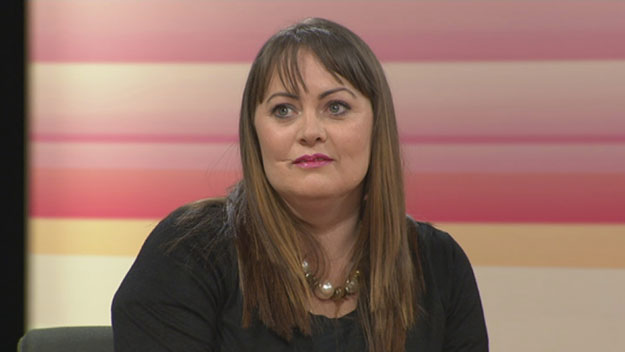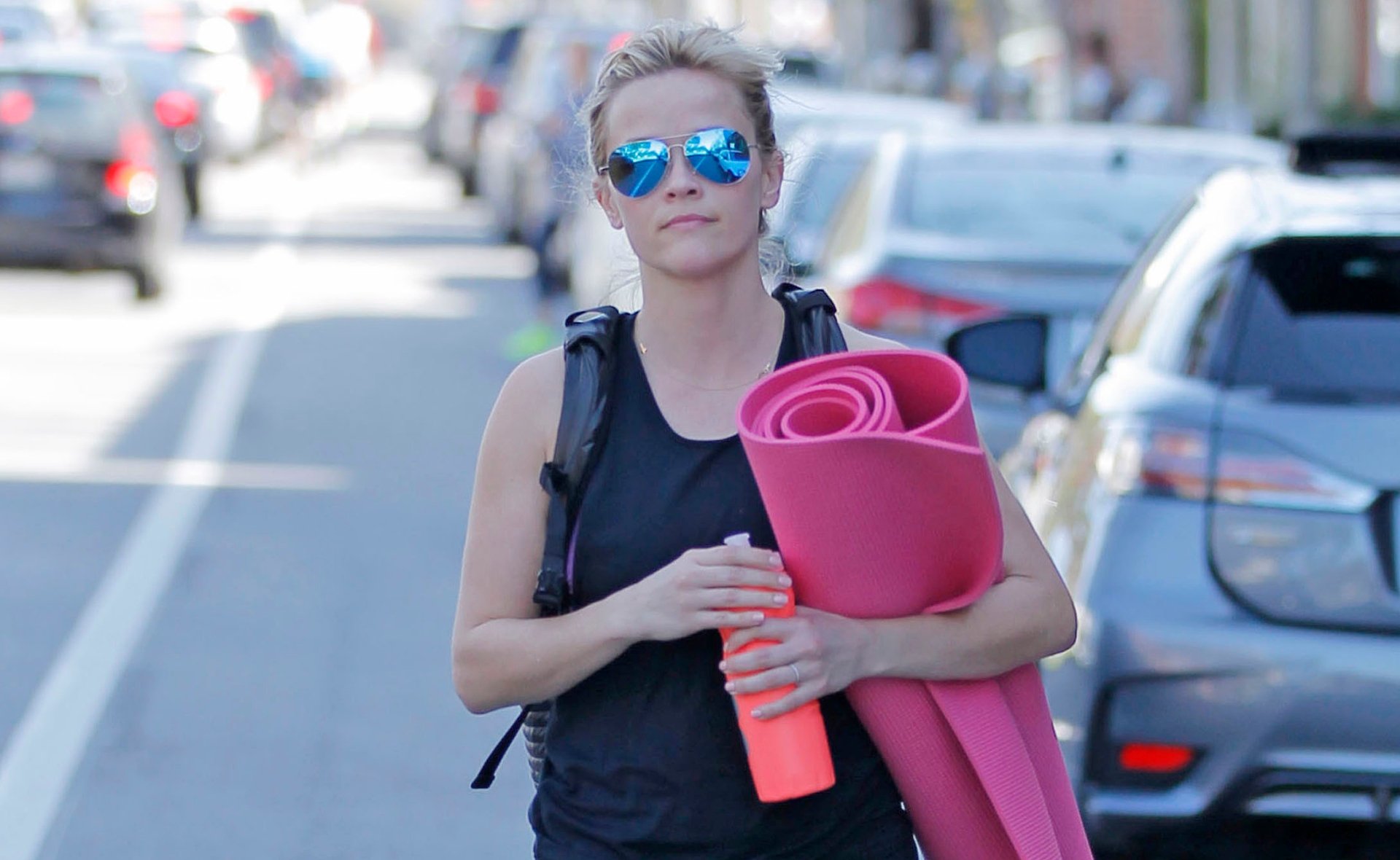Having a child with a disability is hard enough, but what about when your daughter’s health problems were caused by your own actions? Tammy Penna’s daughter was born with Foetal Alcohol Spectrum Disorder. She talks about her guilt and relief when she finally figured out what was wrong with her daughter Krystal at age 17.
At 17, Tammy Penna was a rebellious teenager revelling in the freedom of finishing school and moving out of home. She would hang out with friends and binge drink most nights. Tammy had her share of bad hangovers but she had no idea that 21 years on, she would still be living with the consequences of her habit.
It took a few red flags for Tammy to slow her drinking. It wasn’t when she lost control while drink-driving and was involved in a car accident, or even when she was hospitalised as a result. It was when hospital staff told her, following months of solid binge drinking, that she was eight weeks pregnant.
“It was a complete shock,” she says.
“But the consequences of drinking weren’t even on my mind. Obviously the people at the hospital knew I had been drinking while I was driving, but nobody seemed concerned. We’re talking 21 years ago. I didn’t make the connection, and I wasn’t alerted to it.”
Common sense prevailed and Tammy decreased her alcohol consumption when she found out she was carrying a child, but she didn’t stop drinking completely. At the time, people around her and even TV ads assured her it was okay to drink “moderately” while pregnant, but she admits she didn’t really know what moderately meant.
Seven months later baby Krystal arrived, and she was perfect.
“She had ten fingers and ten toes and there weren’t any issues to be found when she was born. There were no concerns,” Tammy says.
“She didn’t look outwardly different to any other child. It wasn’t until she started getting older that I started to become aware that something wasn’t right.”
There wasn’t one problem with Krystal, it was a series of little things. Being dragged around a shopping centre with mum isn’t any toddler’s idea of a fun afternoon out, and initially the young mum thought the tantrums were normal, only they didn’t stop. When Krystal had to repeat prep year because she couldn’t recognise the letters of the alphabets, mum hoped it was “one of her quirks”.
Eventually, Krystal was diagnosed with dyslexia. When she got to high school, that diagnosis didn’t quite cut it. She suffered hearing loss, had a terrible short-term memory, was antisocial, and started to display traits many thought worthy of an Asperger’s or autism diagnosis.
Krystal didn’t know what was wrong with her so she became angry. Tammy didn’t know what was wrong, so she became frustrated with her daughter.
Not satisfied with her existing diagnoses, nor with not having answers, Krystal’s mum spent thousands on behavioural management, psychologist reports, psychiatric appointments, and medical treatments from drugs to brain scans.
“I was searching for anything that could help her, but because no one could figure it out I started to blame myself,” she says.
“I thought I was a bad mother.”
A phone call from a family friend, a social worker, when Krystal was 17 pointed Tammy in the direction of an accurate diagnosis, but didn’t help with her guilt.
Tammy’s drinking while Krystal was a baby had led to her being born with Foetal Alcohol Spectrum Disorder (FASD), a condition causing physical, behavioural and developmental problems in babies exposed to alcohol before birth.
“I cried for two days,” she says.
“I thought I would be relieved when I finally had an answer, but knowing that you’re responsible for the problems that your child is facing — there’s nothing tougher than that.”
Tammy didn’t want to waste time feeling guilty. She’d already wasted 17 years. She wanted to get help for her daughter who had already fallen into the wrong crowd, got pregnant, and was unable to look after herself.
Even though there is limited support available — FASD is not recognised as a disability in Australia making accessing support services very difficult — Tammy wishes she had answers sooner.
What amazes her is that even though her alcohol consumption was the cause of her daughter’s health and mental problems, it took 17 years for someone to ask her whether she drank while pregnant.
“It was a long time ago when I was pregnant with Krystal and people didn’t know about FASD. I didn’t know the risks,” she says.
“But it was only four years ago when we got the diagnosis and I hadn’t even heard of it then.
“There are so many women who don’t know about this, about how badly drinking can harm their baby, and then there are women like me and my daughter who just don’t know what’s wrong. She is such a beautiful person, she has the kindest heart and she just wants to please people. I just wanted to understand her.”
The occurrence of FASD in Australia is unknown, though researchers estimate the condition occurs in one in 100 children.
Appearing on SBS’s Insight program with three brave young people who open up about what it’s like to have FASD, Tammy speaks about her family’s experience with FASD in an effort to raise awareness and funding for research on FASD.




